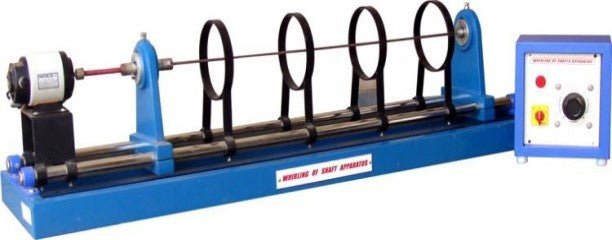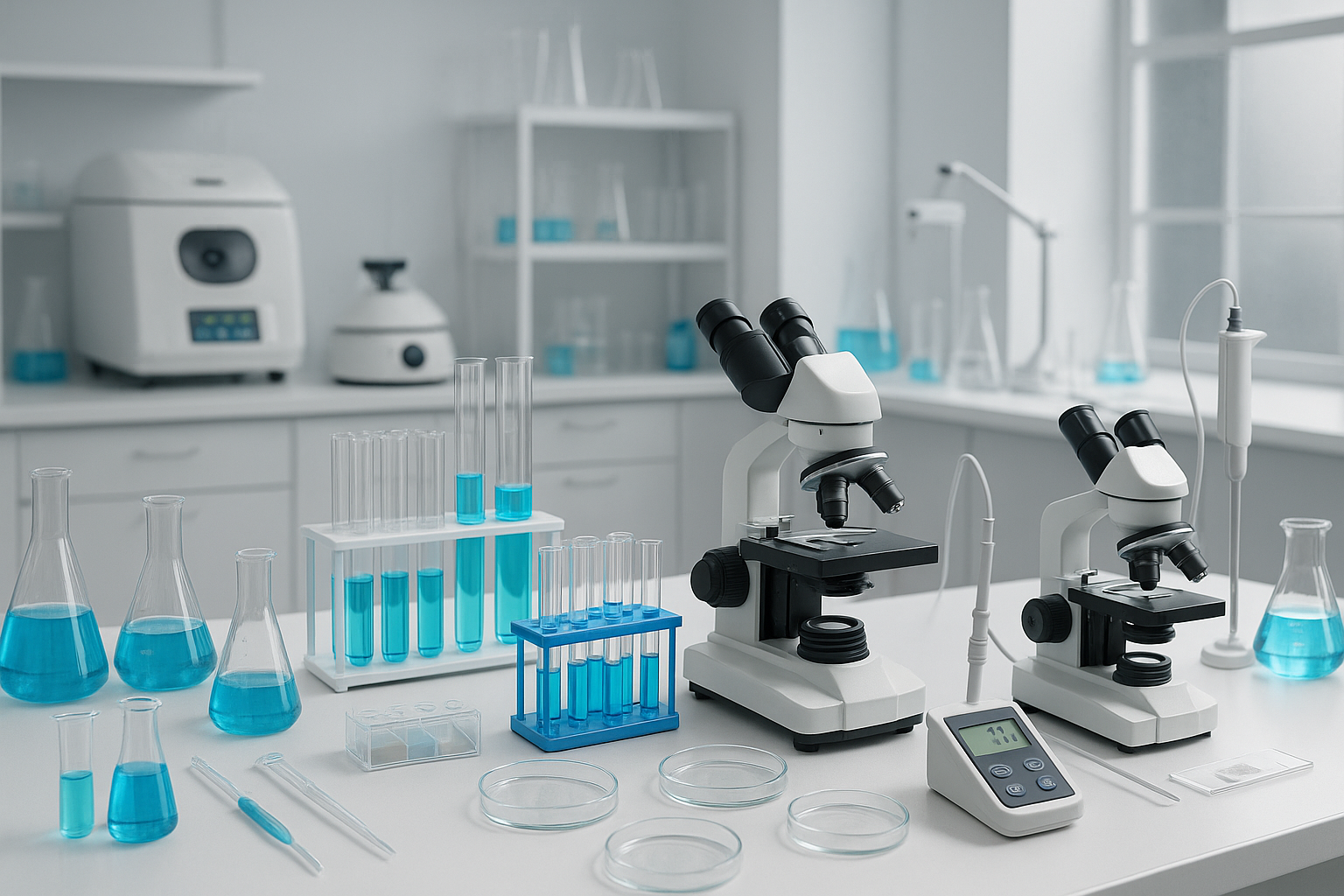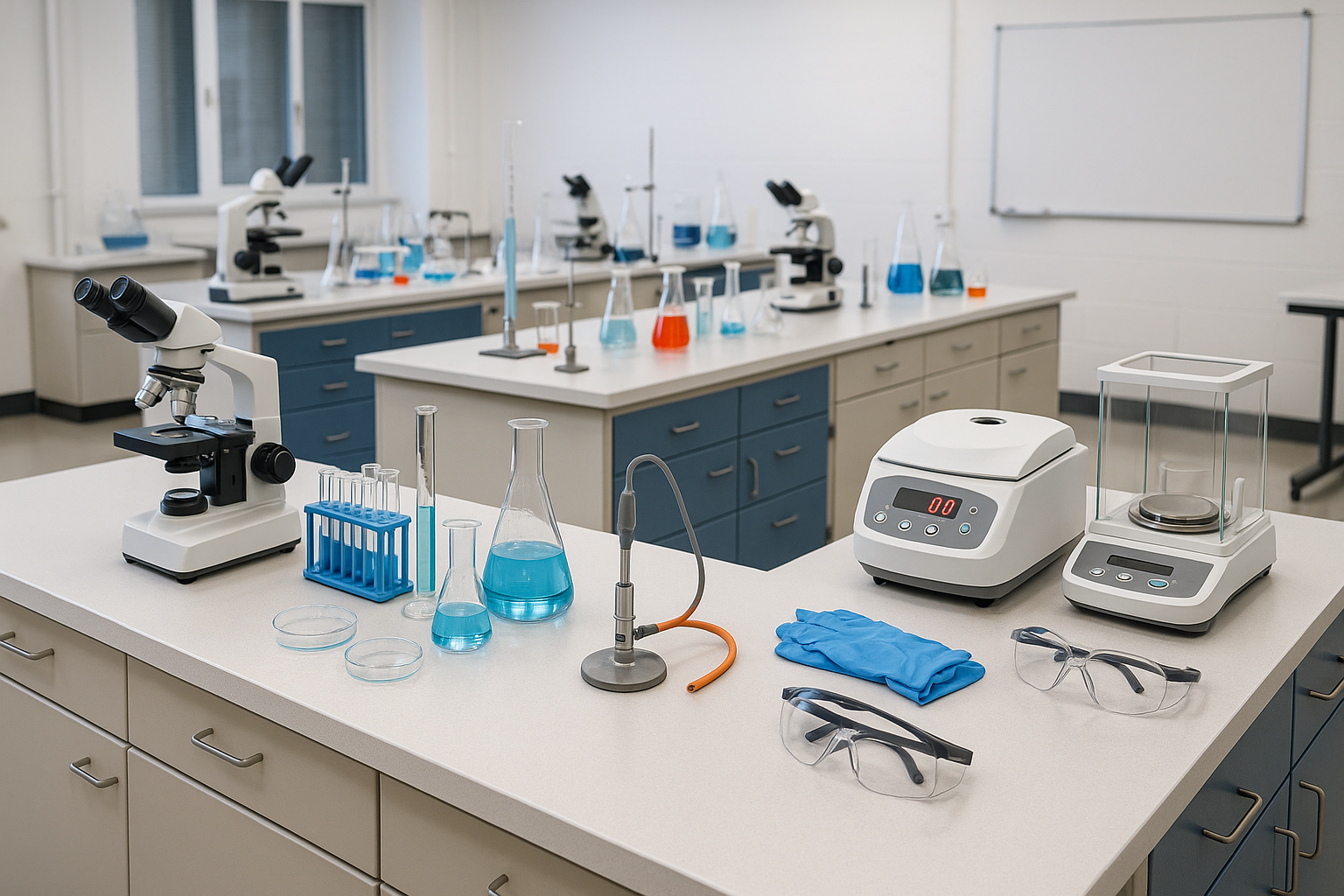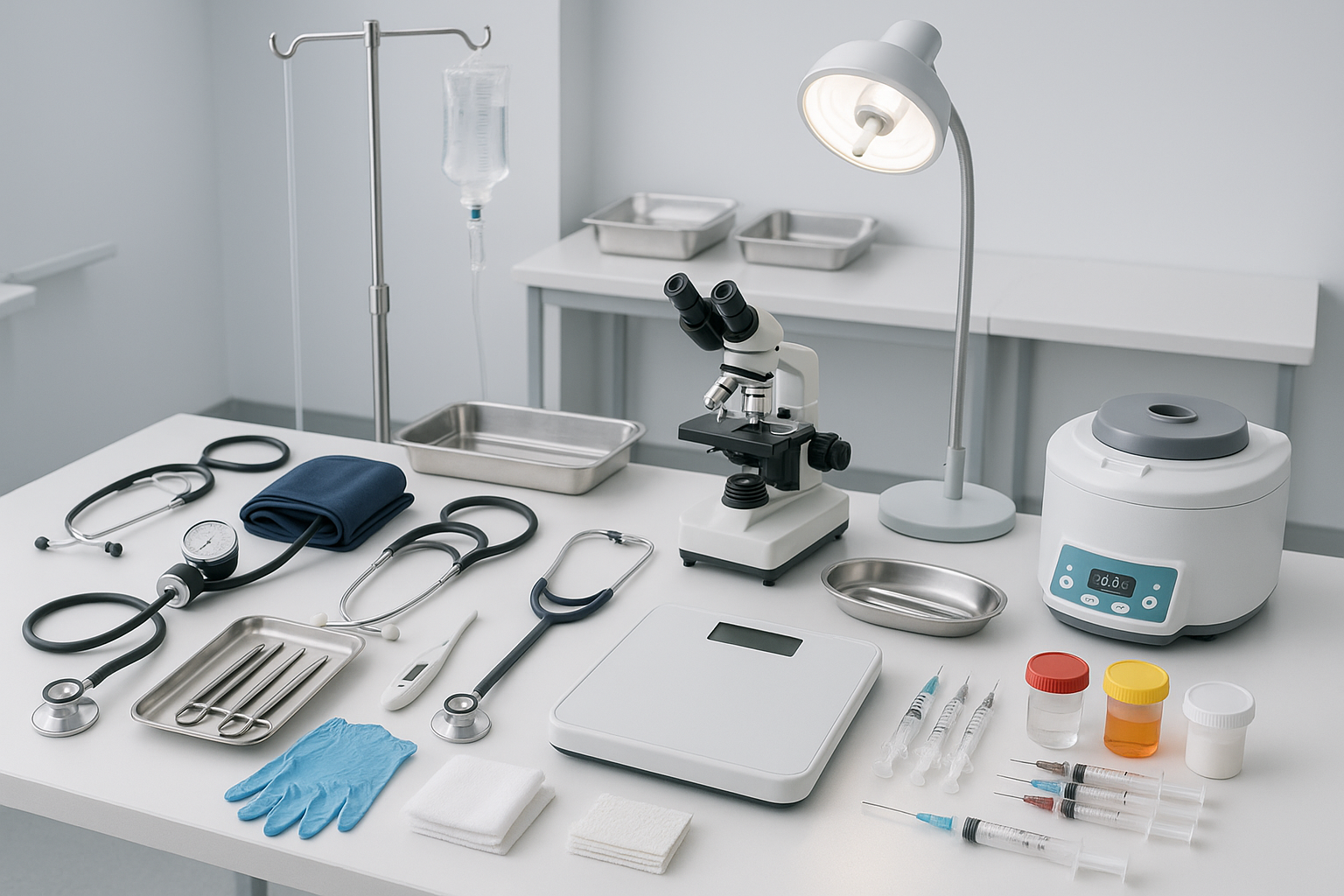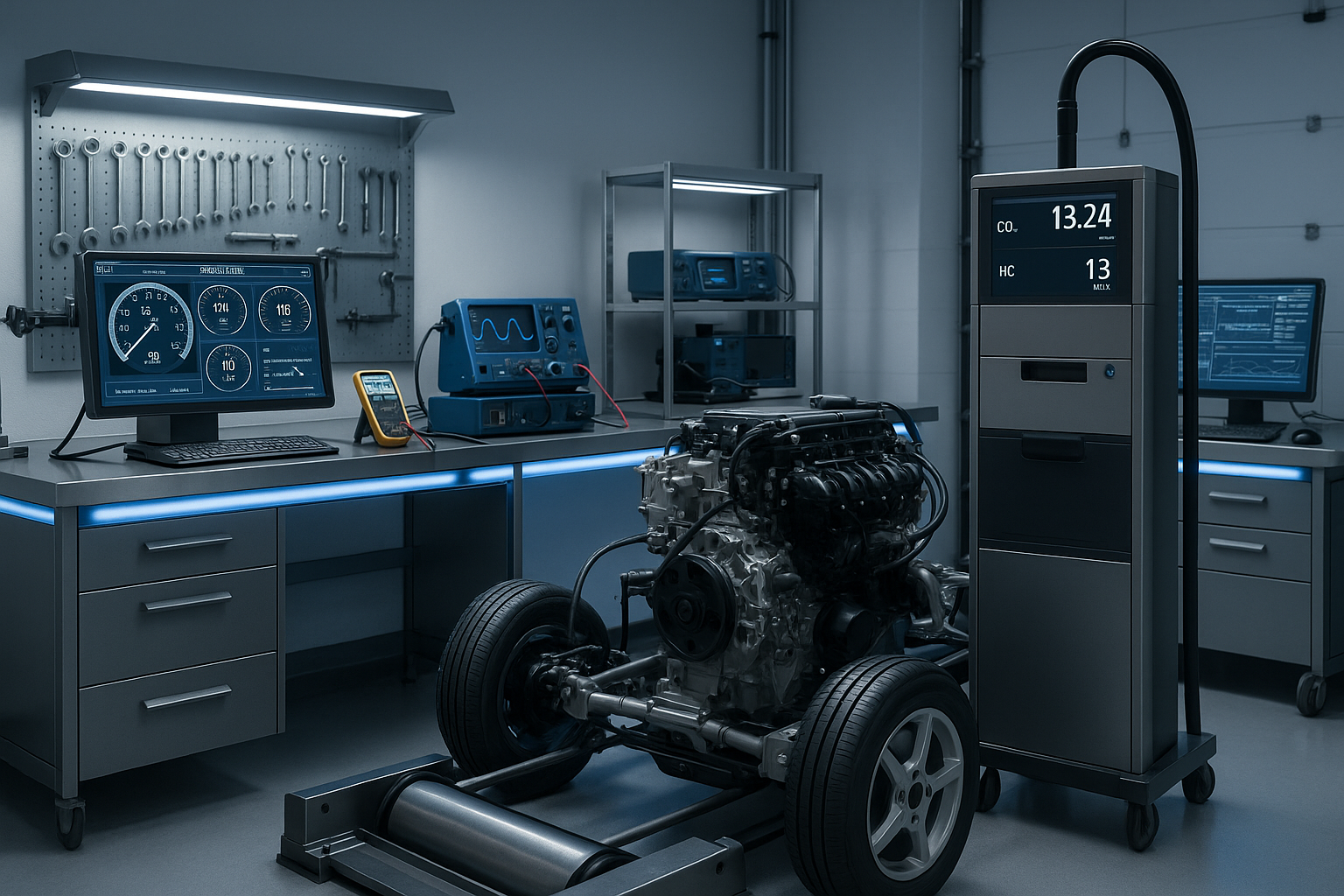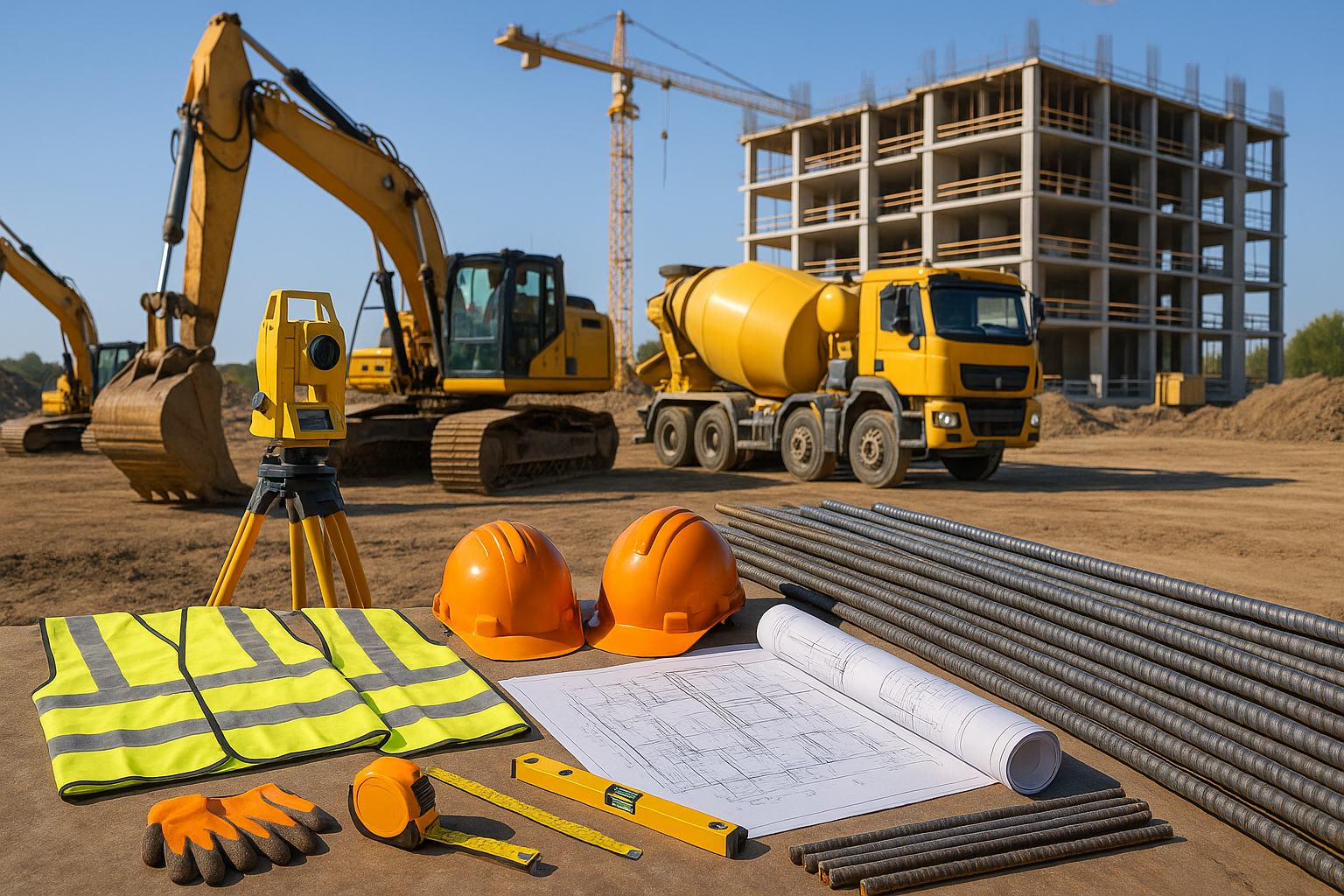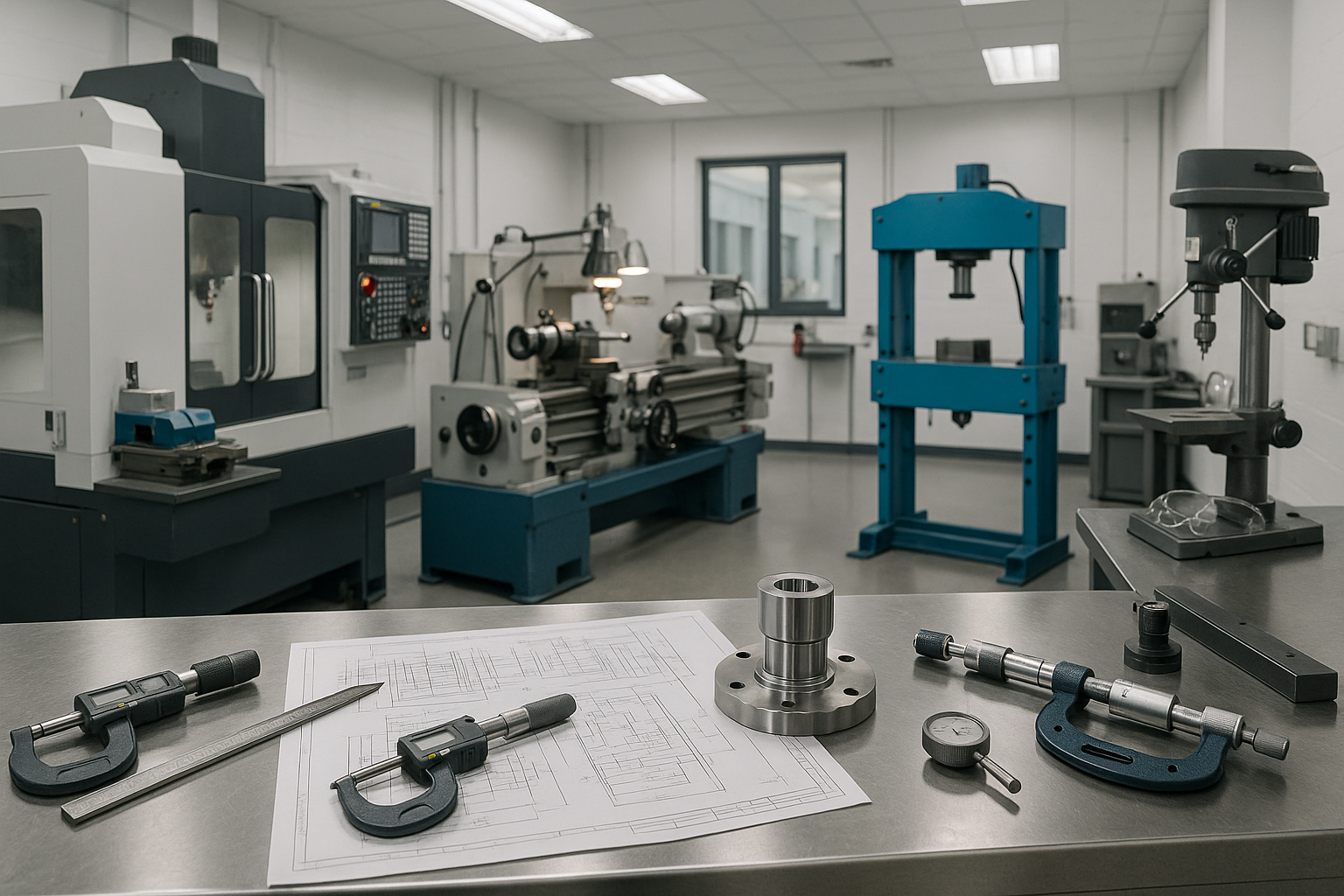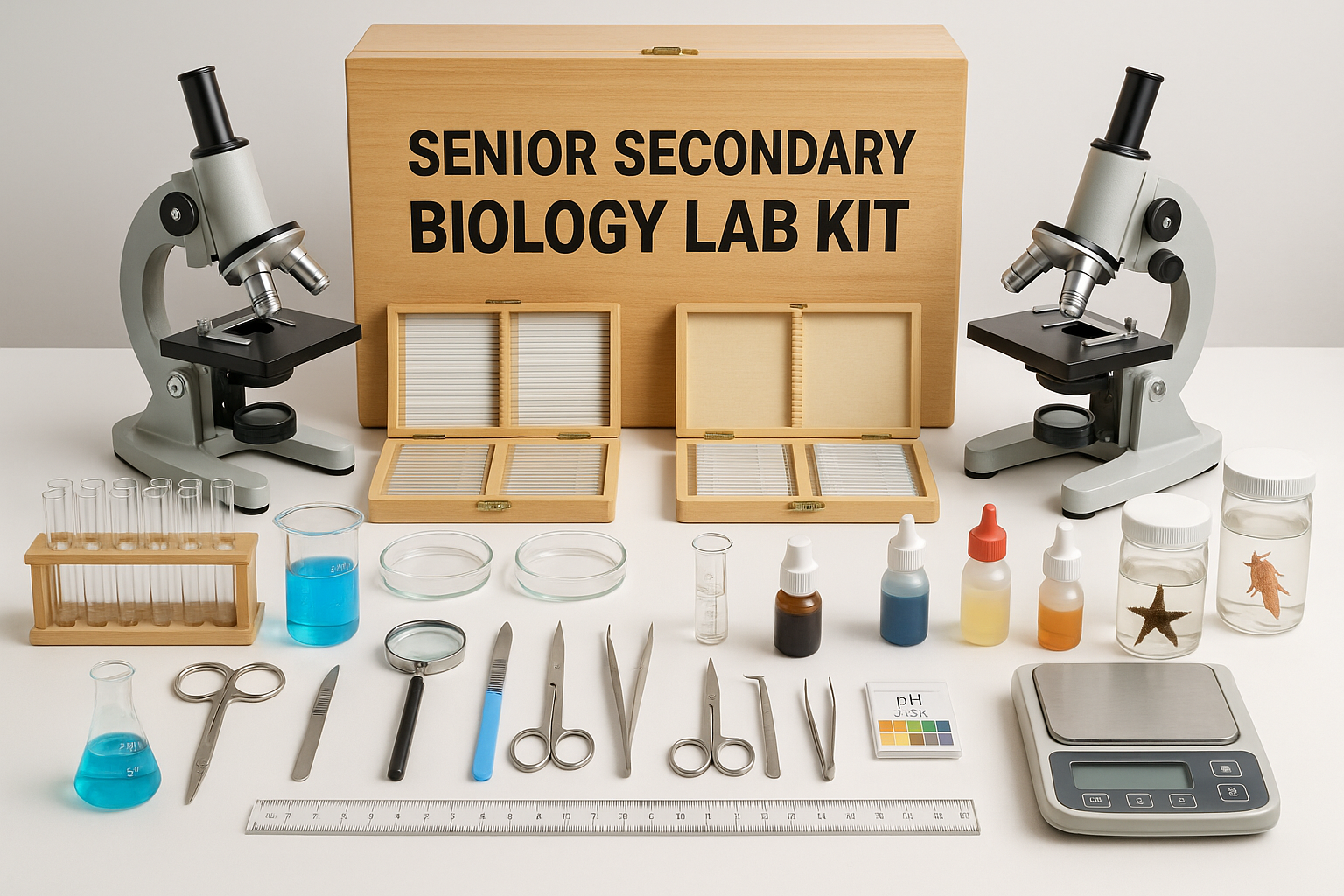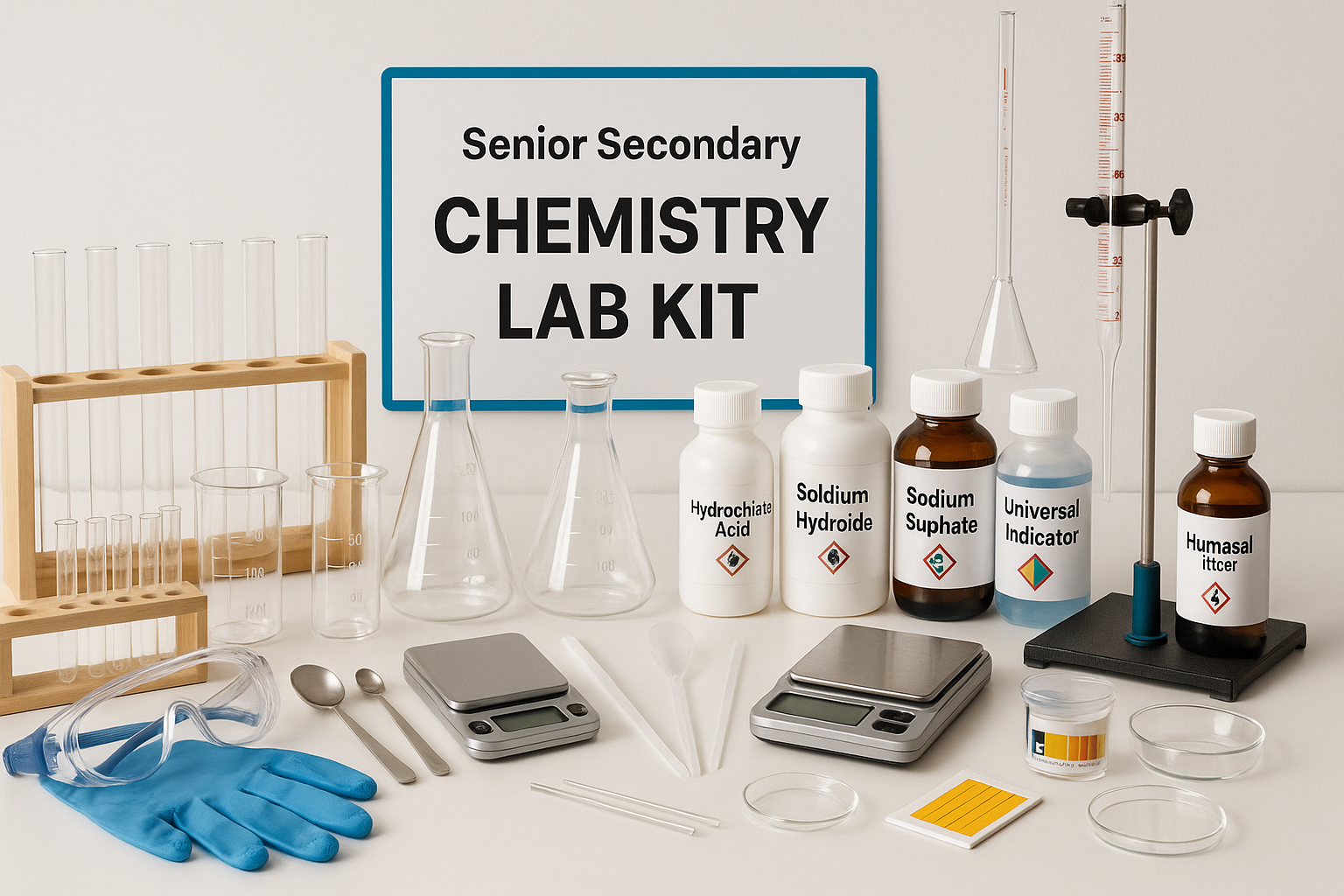Theory of Machines Lab Equipment
Theory of Machines Lab Equipment is essential for engineering students and professionals looking to understand the principles of mechanics and machine design. These lab equipment pieces aid in the practical demonstration of theoretical concepts, bridging the gap between classroom learning and real-world application. With an emphasis on experiential learning, Theory of Machines Lab Equipment includes a variety of instruments such as kinematic models, drive systems, and vibration analysis tools, each tailored to illustrate specific mechanical principles.
Theory of Machines Lab is a practical laboratory course designed to supplement the theoretical concepts taught in the Theory of Machines subject. This lab provides students with hands-on experience in understanding and analyzing the behavior of various mechanical systems and their components.
The main objective of the Theory of Machines Lab is to reinforce the theoretical knowledge gained in the classroom through practical experiments. These experiments involve the study and analysis of different types of machines, mechanisms, and their associated kinematics and dynamics.
The lab typically includes the following experiments:
-
Study of different types of mechanisms: Students will learn about various types of mechanisms, such as four-bar linkages, slider-crank mechanisms, gear trains, and cam mechanisms. They will examine the kinematic properties and behavior of these mechanisms by manipulating their components and observing their motion.
-
Measurement of gear parameters: This experiment focuses on the measurement of gear parameters like module, pitch circle diameter, and gear ratio using appropriate measuring instruments. Students will also gain insights into gear terminology and gear tooth profiles.
-
Balancing of rotating masses: In this experiment, students will study the concept of balancing rotating masses. They will balance different types of unbalanced systems by adding weights at appropriate locations. This experiment emphasizes the importance of balancing to reduce vibration and improve the performance of rotating machinery.
-
Gyroscope experiments: This experiment involves the study of gyroscopic motion and its applications. Students will work with a gyroscope setup and observe its behavior under different conditions, such as precession and nutation. They will also investigate the applications of gyroscopes in devices like gyrocompasses and stability control systems.
-
Vibration analysis: This experiment focuses on the analysis of vibrations in mechanical systems. Students will use vibration measurement instruments to measure and analyze the vibrations produced by rotating machinery. They will learn about different vibration parameters, such as amplitude, frequency, and phase, and their significance in evaluating machine performance.
-
Study of governors: Students will work with different types of governors, such as centrifugal and inertia governors, and analyze their behavior. They will explore how governors regulate the speed of prime movers by controlling the fuel or steam flow to the machine.
Throughout the lab, students will be required to record their observations, analyze the data collected, and draw conclusions based on their findings. They will also learn to use specialized laboratory equipment and tools, such as dynamometers, tachometers, and vibration analyzers.
Overall, the Theory of Machines Lab provides a hands-on learning experience that complements the theoretical concepts taught in the classroom. It helps students develop a deeper understanding of mechanical systems, their behavior, and their practical applications in various industries.
LABORATORYDEAL India maintains a good quality assurance of all its products and provides lab equipment at affordable and eco-friendly rates. The company provides lab equipment throughout and outside the country and has a network of dealers and distributors in various states, including Andhra Pradesh, Arunachal Pradesh, Assam, Bihar, Chhattisgarh, Goa, Gujarat, Haryana, Himachal Pradesh, Jharkhand, Karnataka, Kerala, Madhya Pradesh, Maharashtra, Manipur, Meghalaya, Mizoram, Nagaland, Odisha, Punjab, Rajasthan, Sikkim, Tamil Nadu, Telangana, Tripura, Uttar Pradesh, Uttarakhand, and West Bengal
In a typical engineering curriculum, the Theory of Machines Lab is a vital component that allows students to test and analyze different mechanical systems. By utilizing the provided lab equipment, they can gain hands-on experience, fostering a deeper understanding of concepts like kinematics, dynamics, and machine design. The lab equipment is designed to replicate real-world machinery, providing students with insights into how various forces and motions interact within mechanical systems.
The manufacturing of Theory of Machines Lab Equipment requires precision and quality to ensure that students receive reliable data during their experiments. High-quality materials and advanced manufacturing techniques are employed to create durable equipment that can withstand extensive use in academic environments. Suppliers of this equipment play a crucial role in the educational ecosystem, providing institutions with the tools necessary to train the next generation of engineers effectively.
As a manufacturer, supplier, and exporter of Theory of Machines Lab Equipment, our commitment to delivering top-tier products is paramount. We emphasize quality, reliability, and user-friendliness in our equipment to enhance the learning experience. Each piece of equipment is thoroughly tested to ensure it meets educational standards, allowing students to conduct experiments that yield accurate results. Whether it's simple setups for basic principles or more complex machines, our lab equipment caters to a diverse range of educational needs.
The Theory of Machines Lab Equipment encompasses various products, including but not limited to: modeling kits, vibration tables, crank and slotted lever mechanisms, gear models, and dynamic balance machines. Each type of equipment is specifically designed to convey fundamental machine concepts, helping students grasp essential ideas such as motion, force, torque, and energy transformation.
Moreover, innovations in technology have led to the development of advanced digital systems that can now be integrated into traditional lab equipment. These systems allow for real-time data collection and analysis, providing students with a more in-depth understanding of mechanical behaviors and the ability to visualize concepts through simulations. This integration of technology enhances the educational experience and prepares students for modern engineering challenges.
Collaboration with educational institutions is pivotal in the development of Theory of Machines Lab Equipment. By understanding the specific needs and challenges faced by educators, manufacturers can create products that not only fulfill curriculum requirements but also inspire students to explore mechanical principles further. Ongoing feedback from faculty and students helps in the continuous improvement of lab equipment quality and functionality.
In conclusion, Theory of Machines Lab Equipment is a cornerstone of engineering education. Its role in providing hands-on experience cannot be overstated, as it allows students to bring theoretical concepts to life. As a trusted manufacturer, supplier, and exporter, we are dedicated to offering superior products that enrich the learning journey of engineering students worldwide. By investing in quality lab equipment, educational institutions can ensure their students are well-prepared for careers in diverse engineering fields.

